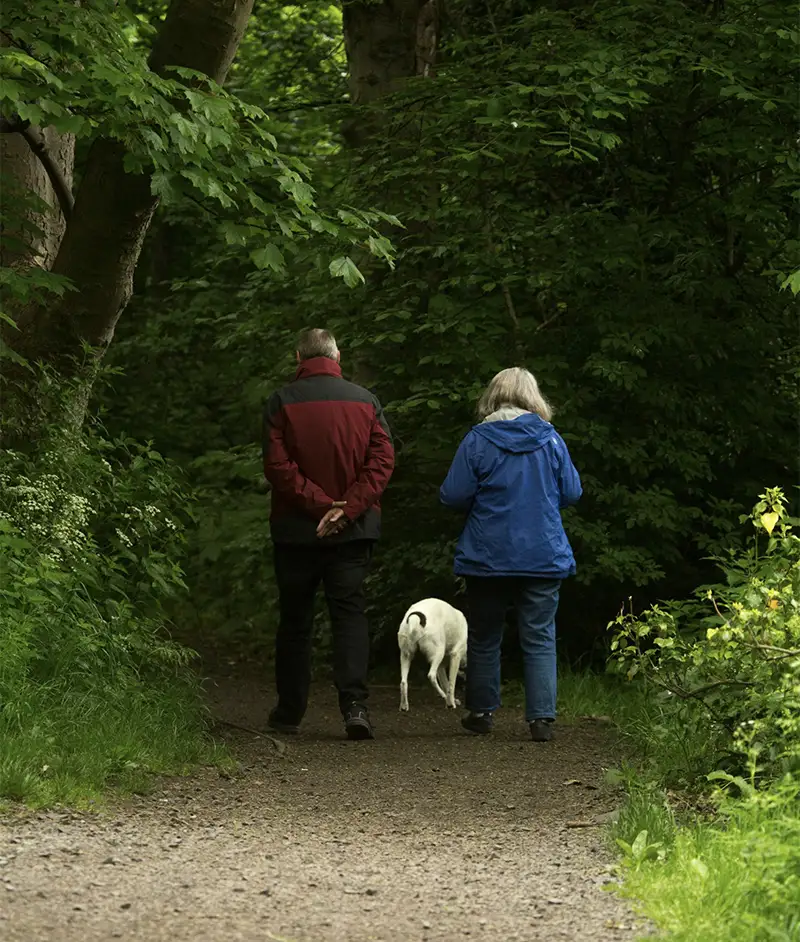Early Diagnosis & Cancer Surgery Reconstruction
An oral cancer diagnosis can feel daunting, but we are here to help. Our specialist clinicians are skilled in early detection, giving you peace of mind and the best chance of beating cancer. We can also restore function and appearance to your mouth with exceptional reconstructive surgery – book your consultation today.
QUICK LINKS
Why is early diagnosis important?
Greatly improves the chance of successful treatment.
Can help preserve speech, swallowing and appearance.
Early stage cancer typically requires less intensive treatment.
Helps prevent cancer spreading and affecting other areas.
Can reduce costs associated with treatment.

What is cancer surgery reconstruction?
Reconstructive surgery after oral cancer is used to rebuild areas damaged by cancer treatment or the cancer itself. Effective surgical treatment can help maintain or restore the function and appearance of your mouth, tongue and jaw, making chewing, swallowing and speaking easier. It can also significantly improve your quality of life.
In some cases, reconstruction surgery will involve using tissue, skin or bone taken from another part of your body. We use highly specialist techniques to ensure blood supply is maintained and the outcome is as natural as possible. We can also use dental implants to replace any teeth that were lost or removed during the course of your cancer surgery and treatment.
What does reconstruction surgery after cancer involve?
Consultation
During your oral surgical consultation, we discuss the best reconstructive treatment methods for your case and explain the procedure to you in detail. This may involve a skin graft, tissue transfer, or even a custom prosthetic.
Preparation
Your reconstructive surgery may be done at the same time as the cancer is removed, or in a separate surgical treatment. We carefully plan your surgery, taking into account your individual case, personal preferences, and type of reconstruction needed.
Reconstructive surgery
We typically use general anaesthetic to ensure you feel no pain or discomfort during surgery. We use specific reconstructive surgical techniques, including local flap, free flap and tissue transfer, to restore function and appearance to your mouth after oral cancer.
Recovery
After surgery, we closely monitor you to ensure you are healing properly, with no complications. We give you advice and information to manage your recovery, including pain medication and dietary instructions. In some cases, additional treatment, such as radiation therapy or chemotherapy, may be needed after surgery.
Frequently asked questions
Oral cancer reconstructive surgery is a procedure to restore function and appearance after the removal of cancerous tissue from the mouth or throat. It involves replacing missing tissue with tissue from another part of the body or using artificial materials.
Oral cancer surgery can often result in significant loss of tissue, affecting a person’s ability to eat, speak, and swallow. Reconstructive surgery helps to restore these functions and improve quality of life.
The length of the surgery can vary depending on the extent of the cancer and the chosen reconstruction technique. It can range from several hours to multiple days.
During surgery, we use general anaesthetic to ensure you feel no pain. Once this has worn off, you will experience some pain and discomfort as you recover. This can be managed with pain medication prescribed by your surgeon.
The long-term outlook depends on several factors, including the stage of the cancer, the effectiveness of the treatment, and the patient’s overall health. Regular follow-up appointments are important to monitor for any signs of recurrence or complications.
Oral cancer checks are an important part of your regular dental check up appointments. Dentists are best placed to look for changes or unusual occurrences in your mouth, and may request a biopsy if anything abnormal is detected. Routine dental visits are the best way to keep your mouth healthy and catch any oral cancer at an early stage.






